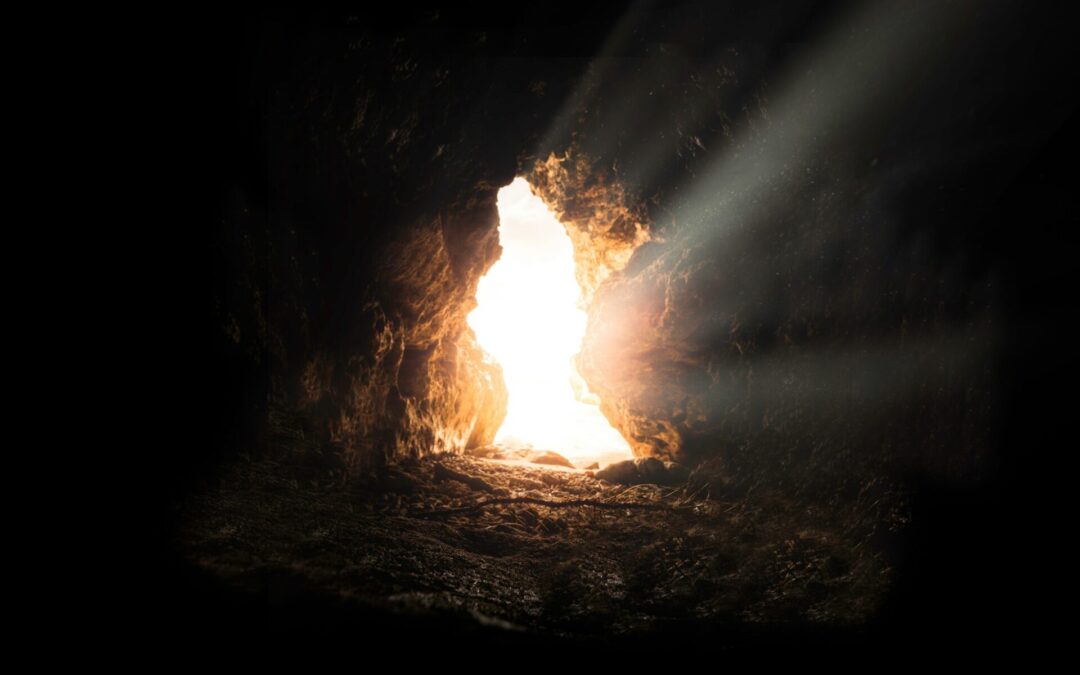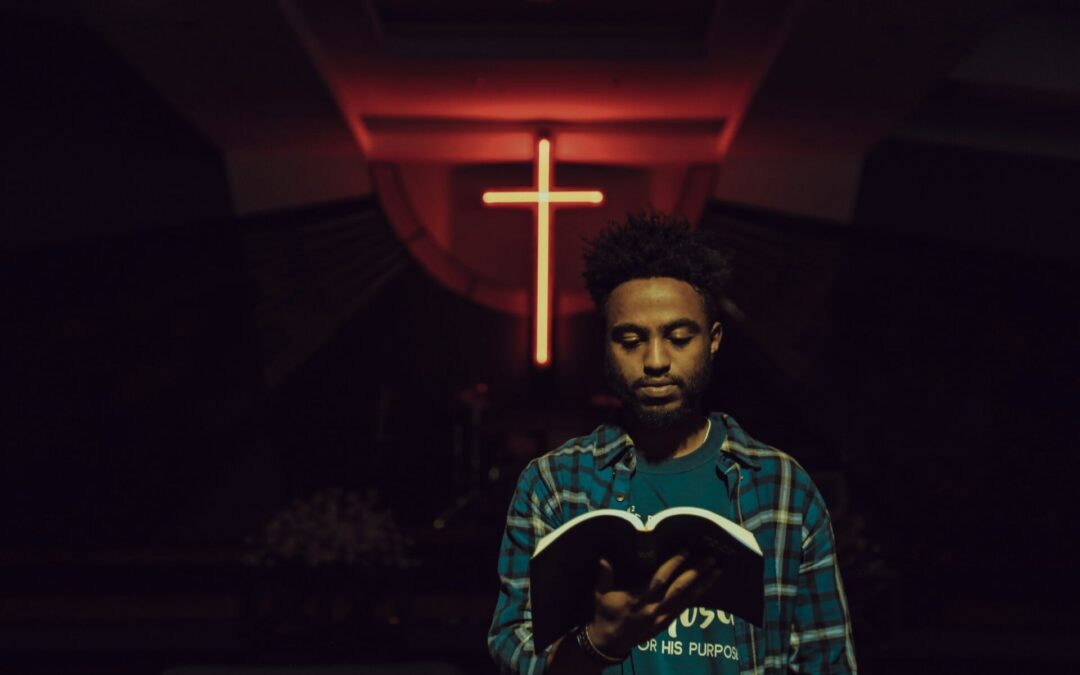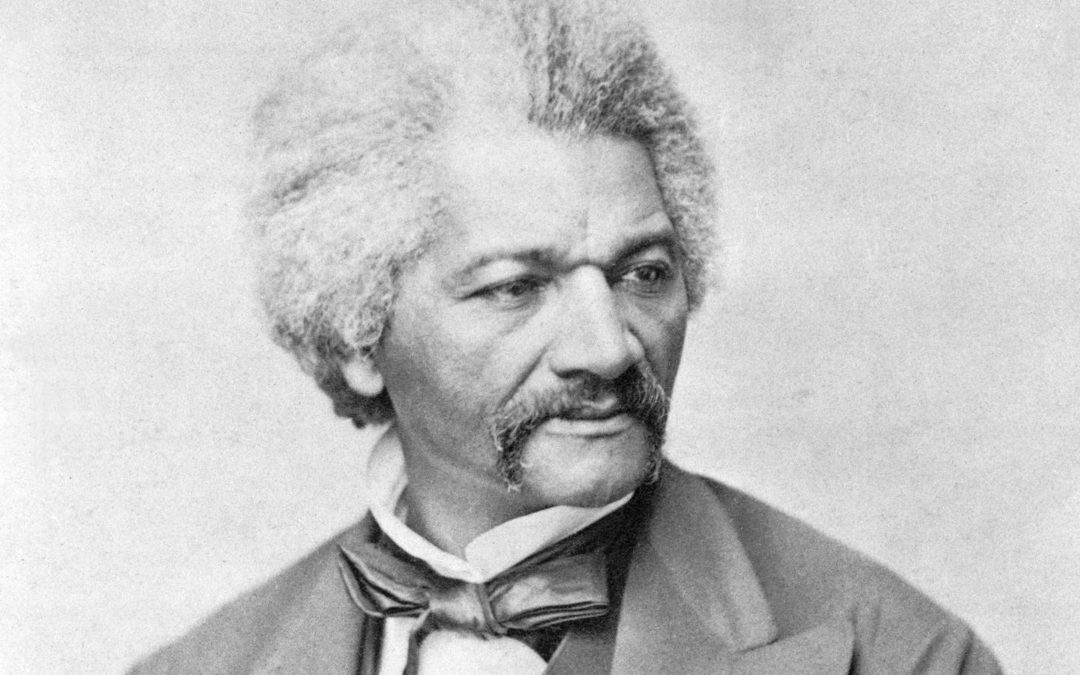
Encountering the gospel anew through “The Chosen”
Since 2017, “The Chosen” has quietly emerged from streaming services and DVDs to national recognition. What is so unique about this still evolving series on the life of Jesus?

Since 2017, “The Chosen” has quietly emerged from streaming services and DVDs to national recognition. What is so unique about this still evolving series on the life of Jesus?

Historian Gary Dorrien’s work is equally astonishing in scope and dedication as he works to bring theological voices and movements to fuller appreciation for their contributions to what he terms the overall “Black social gospel.”

When I visited Abraham Lincoln’s son Robert Todd Lincoln’s summer home, I learned that Robert, as president of the Pullman Company, exploited the people whom his father freed. Yet black Pullman porters rose up to extend civil rights and social justice. Pullman porter E.D. Nixon paid Rosa Parks’ bail in Montgomery, Alabama, and asked a young Martin Luther King, Jr. to lead a bus boycott there. And Pullman porter A. Philip Randolph called for the 1963 March on Washington which culminated in King’s “I Have a Dream” speech.

While watching the debacle that was the sixth out of 15 attempts by Republicans to elect a Speaker for the United States House of Representatives, I heard Scott Perry of Pennsylvania try to remind the racially and ethnically diverse Democratic members of the House that Frederick Douglass was a Republican. His intention must have been to suggest that were he alive today, Frederick Douglass would identify with Scott Perry and the members of the Republican Caucus in Congress. What Scott Perry needed then and now is a history lesson on Mr. Douglass.

It’s easy to spend time, as I am right now, looking back and remembering the way things used to be, or looking ahead worrying about what might be. However, I have learned over the years that now is the most important moment. Fully living right now is the greatest spiritual practice, being present in the moment, being present with the person right in front of me.

For Christians in America, this particular Ash Wednesday might advance one of the most introspective Lenten seasons in memory. The turmoil of recent months—the pandemic, presidential impeachment, the violent expression of white supremacy—calls for a reconciliation with God that is apt to bring many into a season of meditation to which they haven’t been accustomed.